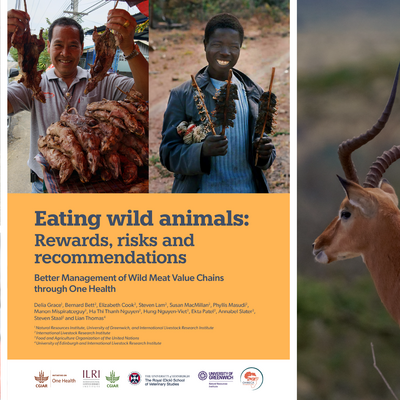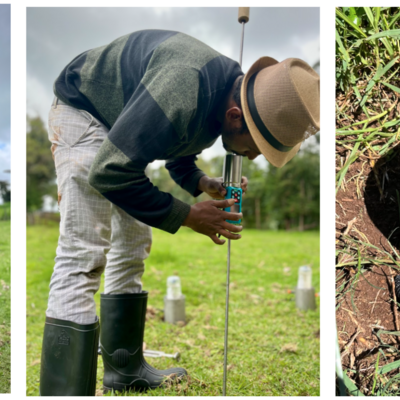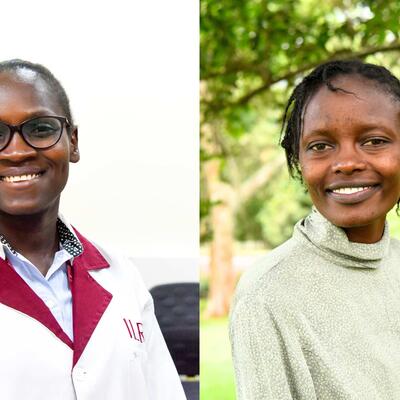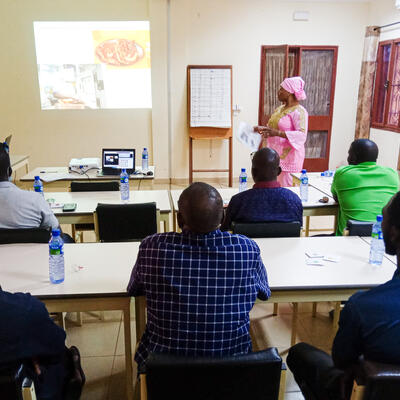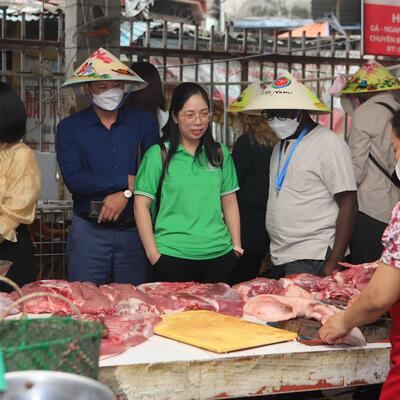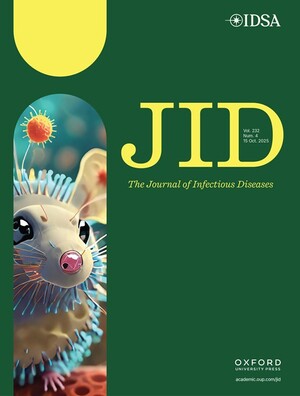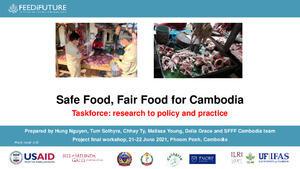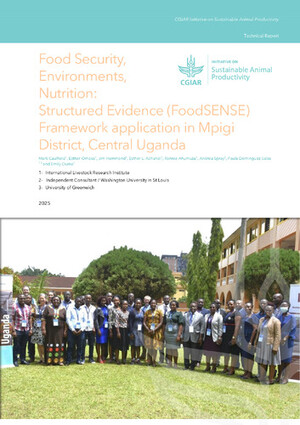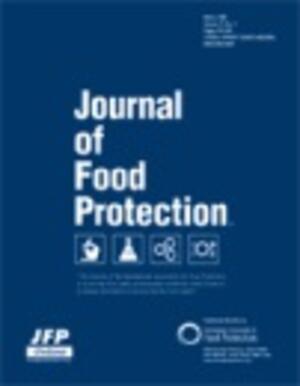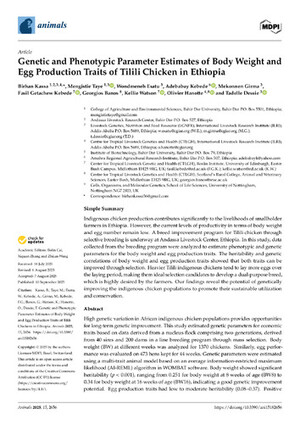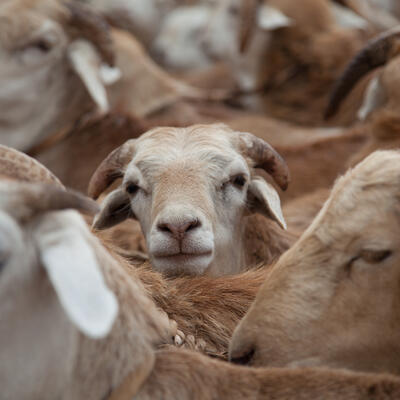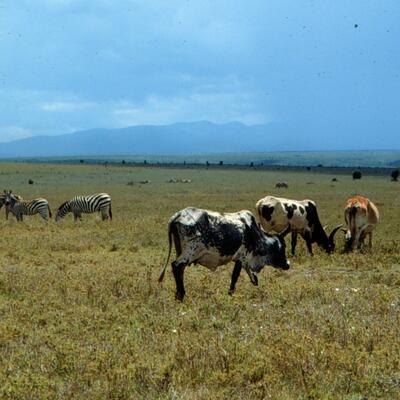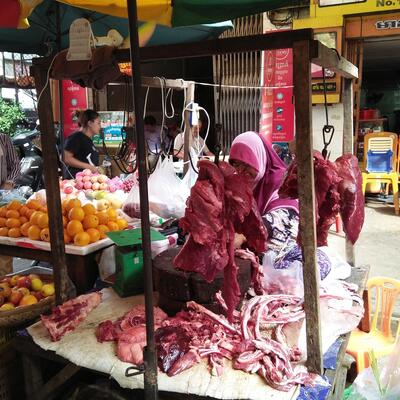
Adapting dairy market hubs for pro-poor smallholder value chains in Tanzania
After a successful pilot phase in 2012, the ‘More Milk in Tanzania’ project aims to reduce poverty and vulnerability among dairy-dependent livelihoods in selected rural areas in Tanzania.
Dairying offers opportunities for rural livelihoods and nutritional security, particularly in societies with a cattle-keeping tradition. Perhaps uniquely amongst agricultural pathways out of poverty, it offers many pro-poor benefits from small-scale production and marketing including opportunities for intensification and enhanced productivity and incomes, employment in services and marketing, and nutrition for the smallholder household and the poor in towns and cities served by informal markets. Unlike most crop and livestock enterprises, its benefits are generated daily rather than seasonally. Often, benefits flow disproportionately to women and other marginalized groups.
In 2012, Irish Aid provided funds to ILRI to work with Sokoine University of Agriculture (SUA) to identify entry points and partnerships for a four-year research for development (R4D) project to promote pro-poor rural livelihoods through milk. The findings of the inception phase of the ‘More Milk in Tanzania’ project reinforce the need to focus on ‘growing’ the existing informal milk production and marketing systems that involve most cattle producers in Tanzania. ILRI, SUA and other partners have now embarked on the follow up R4D phase 2013–16.
Goal and outcomes
The project aims to achieve inclusive growth and reduced poverty and vulnerability among people with dairy-dependent livelihoods in selected rural areas in Tanzania. Rural poor are expected to secure more income through enhanced access to demand-led dairy market business services and viable organizational options.







